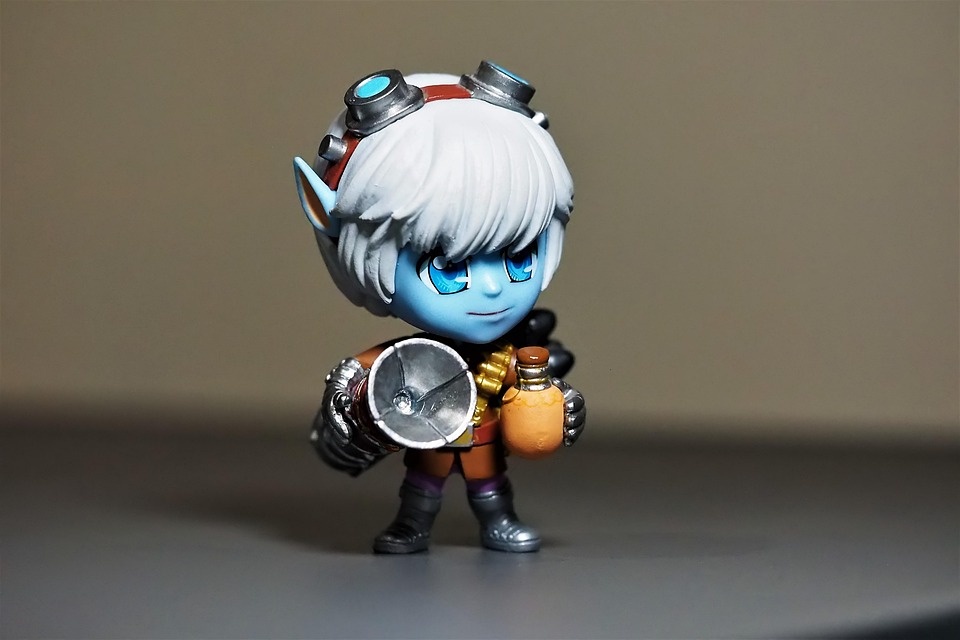In recent years, the digital landscape has evolved remarkably, and one of the most notable transformations is the rise of multiplayer online games. These platforms not only offer entertainment but also foster social connectivity, bridging geographical divides and creating vibrant communities. As we delve into the phenomenon of multiplayer gaming, we can observe how it serves as a powerful tool for bringing people together, reshaping interactions, and forming lasting friendships.
The Evolution of Online Multiplayer Gaming
The inception of multiplayer gaming can be traced back to simple text-based games in the late 1970s, but the real revolution began in the 1990s with the advent of the internet. Games like "Doom" and "Warcraft" brought players together in fierce competition and cooperation. As technology advanced, so did the complexity of games. Today, platforms host vast, immersive worlds that allow millions to connect and collaborate in real-time.
The introduction of Massive Multiplayer Online (MMO) games like "World of Warcraft," and battle royales such as "Fortnite" exemplifies this evolution. They not only elevate gameplay mechanics but also create richly woven communities where communication and teamwork are essential.
A New Social Landscape
Online multiplayer games are reshaping the way we socialize. Once a pastime often associated with isolation, gaming has metamorphosed into a communal experience. Players interact through voice chats, in-game messaging systems, and social media platforms, cultivating friendships that transcend virtual boundaries.
1. Breaking Down Geographic Barriers
One of the most significant benefits of multiplayer gaming is its ability to connect individuals across the globe. Players from different continents can collaborate on missions, strategize together, and celebrate victories. This globalization of gaming promotes understanding and cultural exchange, as players encounter diverse perspectives and lifestyles.
2. Creating Inclusive Communities
Many online games actively promote inclusivity, allowing players from various backgrounds, genders, and skill levels to participate. This inclusiveness nurtures a sense of belonging and acceptance. Games that emphasize teamwork and cooperation often encourage players to support and uplift one another, creating positive online environments.
3. Strengthening Existing Bonds
Multiplayer gaming also strengthens existing friendships and family ties. Online platforms provide an avenue for loved ones to share experiences, engage in friendly competition, and create memories together, even when physically apart. The rise of cross-platform gaming has further facilitated this, allowing players on different consoles to unite in their favorite games.
Mental Health Benefits
Beyond social interaction, many studies suggest that gaming can have positive effects on mental health. Engaging with others in a gaming environment can reduce feelings of loneliness and isolation. For many, multiplayer games serve as a safe space where they can escape from daily stressors and find solace in shared experiences.
Challenges Ahead
While the rise of multiplayer gaming is undoubtedly a positive trend, it’s not without its challenges. Issues such as toxic behavior, harassment, and addiction can detract from the gaming experience. Developers and community leaders are increasingly aware of these challenges and are working towards creating safer environments through moderated gameplay and targeted initiatives to promote kindness and respect among players.
Conclusion
The rise of multiplayer online gaming marks a significant shift in the way we connect with one another. As players come together to embark on quests, battle rivals, or build virtual empires, they also forge friendships that can last a lifetime. In this interconnected world, gaming has become a universal language, one that transcends barriers and brings us closer together. As we continue to navigate this digital frontier, it’s essential to embrace the positive aspects of gaming and foster an inclusive community where all players can thrive.
In a time dominated by division, multiplayer gaming stands as a beacon of unity—a reminder that in digital realms, we can always find common ground.



